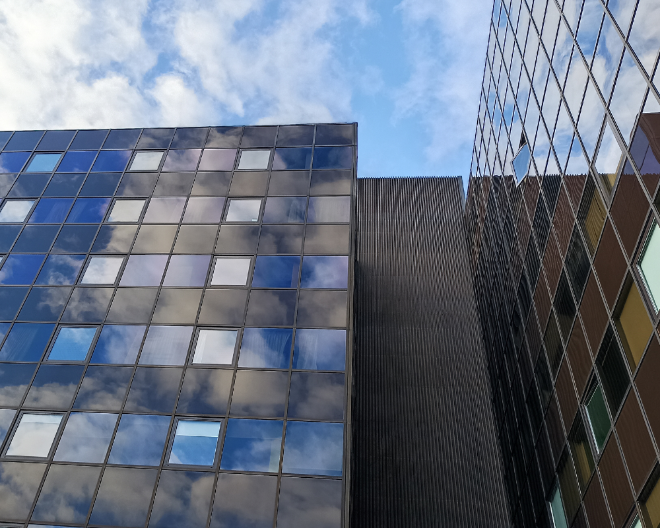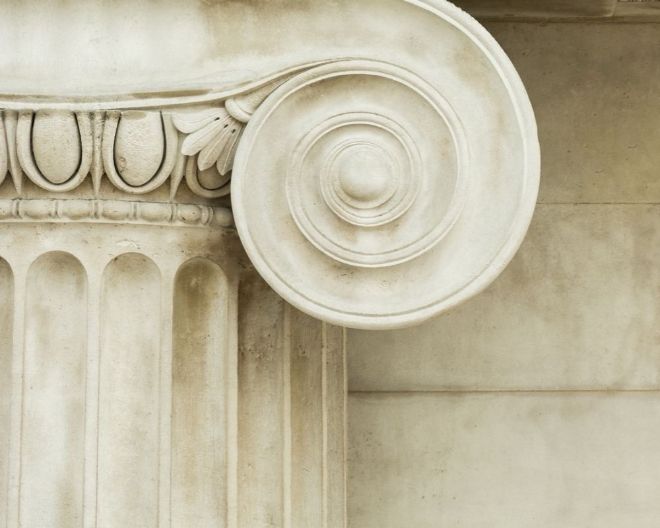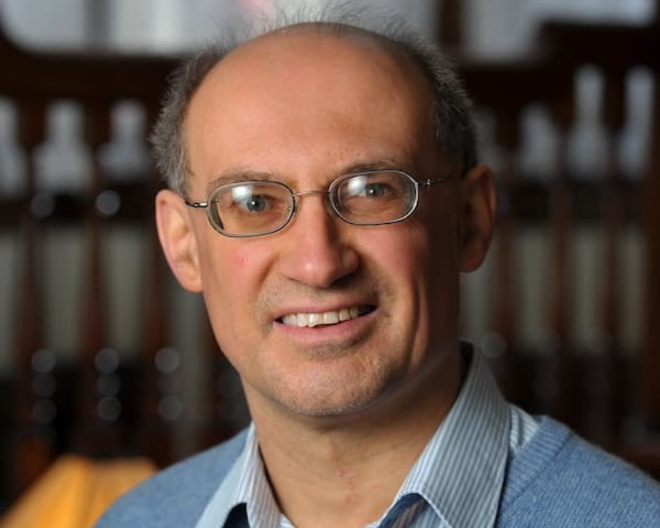San Raffaele School of Philosophy 2020
San Raffaele University is pleased to announce the 10th edition of its School of Philosophy, one of the annual key events of the San Raffaele Faculty of Philosophy.
Digital Identities, Digital Ways of Living: Philosophical Analyses
San Raffaele School of Philosophy 2020
Online Conference
Vita-Salute San Raffaele University, Milan
October 12th, 2020
13.45 – 18.30 (CEST)
The San Raffaele School of Philosophy 2020 will be held in live streaming in the form of an online Conference.
You can find more details on the issue chosen for this year and the time-slots below.
Digital Identities, Digital Ways of Living: Philosophical Analyses
The massive use of digital technologies today and the way they are prominently taking part in several of our everyday activities makes a philosophical reflection on this phenomenon particularly needed. Indeed, digital technologies are not just facilitating accomplishing several different tasks but are also shaping and re-defining the way in which we make our activities and conceive our lives, while also affecting the sense of our identities and ourselves.
Let us think, for instance, to the way the constitution and the evolution of our personal, embodied and gender identity can be affected by the usage of social networks and, for instance, by the massive role of pictures on the social media or by profiling mechanisms used by some online platforms. Let us also consider the way language and communication acquire new forms on the web and can even have more relevance than before based on the augmented possibilities of fruition by web-users. Moreover, we should not forget the crucial way in which the usage of digital technologies is transforming the political identities of citizens, the forms of their participation in the public life, and the structures of collective political subjects and institutions (parties, parliaments, states).
SR School of Philosophy Program
Roberto Mordacci(Dean of the Faculty of Philosophy, Vita-Salute San Raffaele University)
Chair: Francesca De Vecchi (Vita-Salute San Raffaele University)
14.00 – 15.00
Helena De Preester (University College Ghent and Ghent University)
Life is what you fill your attention with – the war for attention and the role of digital technology
Chair: Claudia Bianchi (Vita-Salute San Raffaele University)
15.00-16.00
Viviana Patti (University of Turin)
Language resources and automatic tools for analyzing and countering misogyny in social media
16.00-16.15 Break
Chair: Francesca Forlè (Vita-Salute San Raffaele University)
16.15-17.15
José Luis Martí (Pompeu Fabra University, Barcelona)
Artificial Intelligence and Collective Intelligence: how new technologies need to strengthen our democracies
Chair: Roberta Sala (Vita-Salute San Raffaele University)
17.15-18.15
Damiano Palano (Catholic University of Sacred Heart, Milan)
Partisans and bubbles. Polarization in a fragmented public sphere
18.15-18.30
Conclusion and final discussion
How to participate at San Raffaele School of Philosophy 2020?
Due to Covid restriction The School will be held online in Microsoft Teams.
Interested attendees who are external to Vita-Salute San Raffaele University are kindly asked to write to phenomenologyandmind@unisr.it in order to receive the instructions to participate.
The participation code for Vita-Salute San Raffaele University’s users is: 0l5sg08
For more information visit our dedicated page at San Raffaele School of Philosophy
Ti potrebbero anche interessare

UniSR ospita il convegno che vedrà la nascita della nuova Società Italiana di Fenomenologia

Nicea 325: la storia che plasma il presente. UniSR ospita il convegno nazionale CUSCC 2025

Dottorati UniSR 2025-2026

